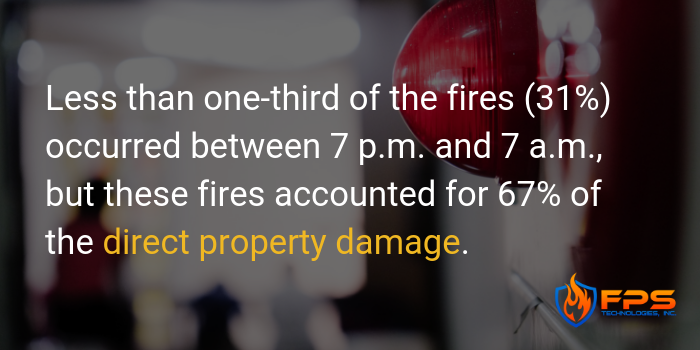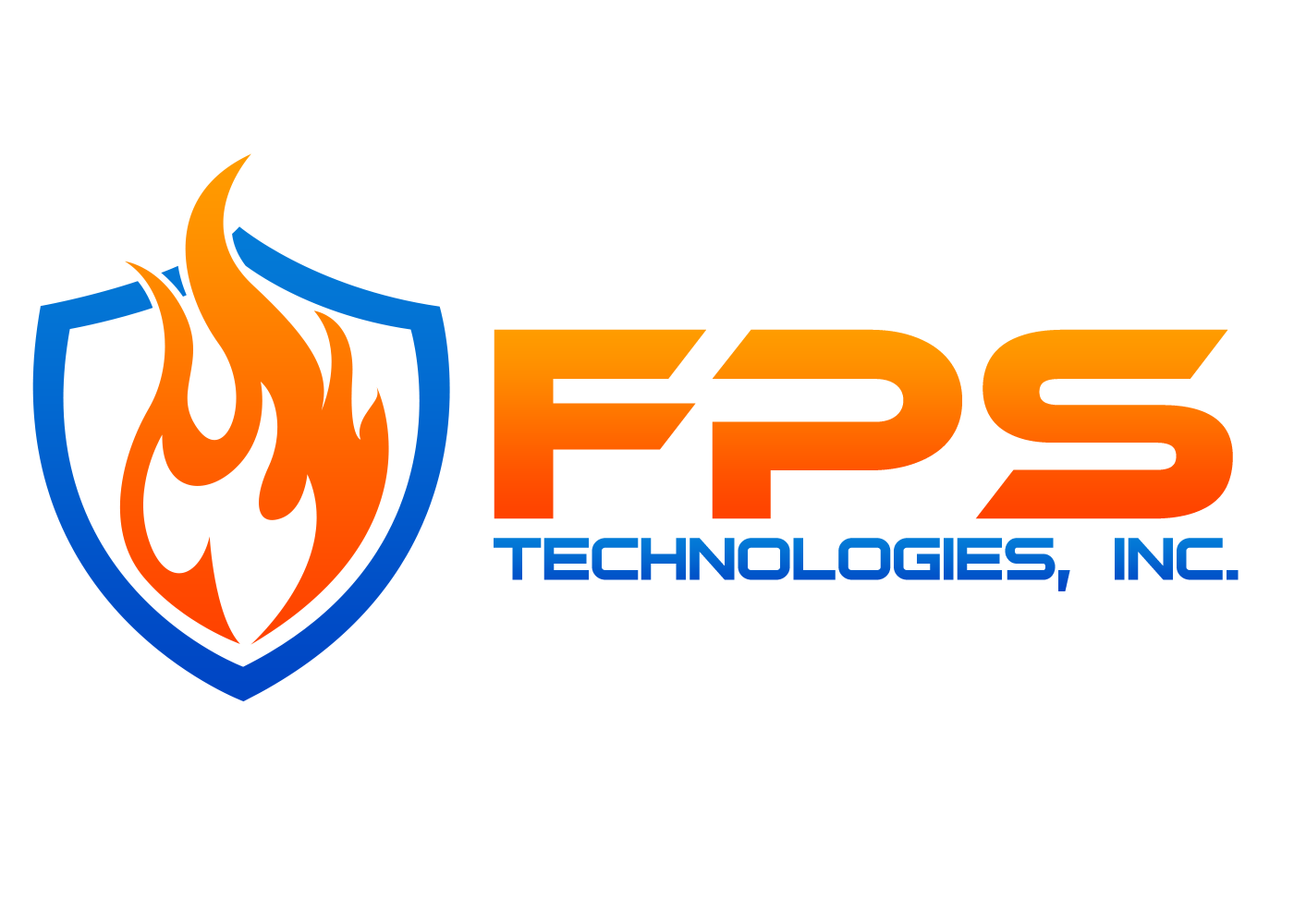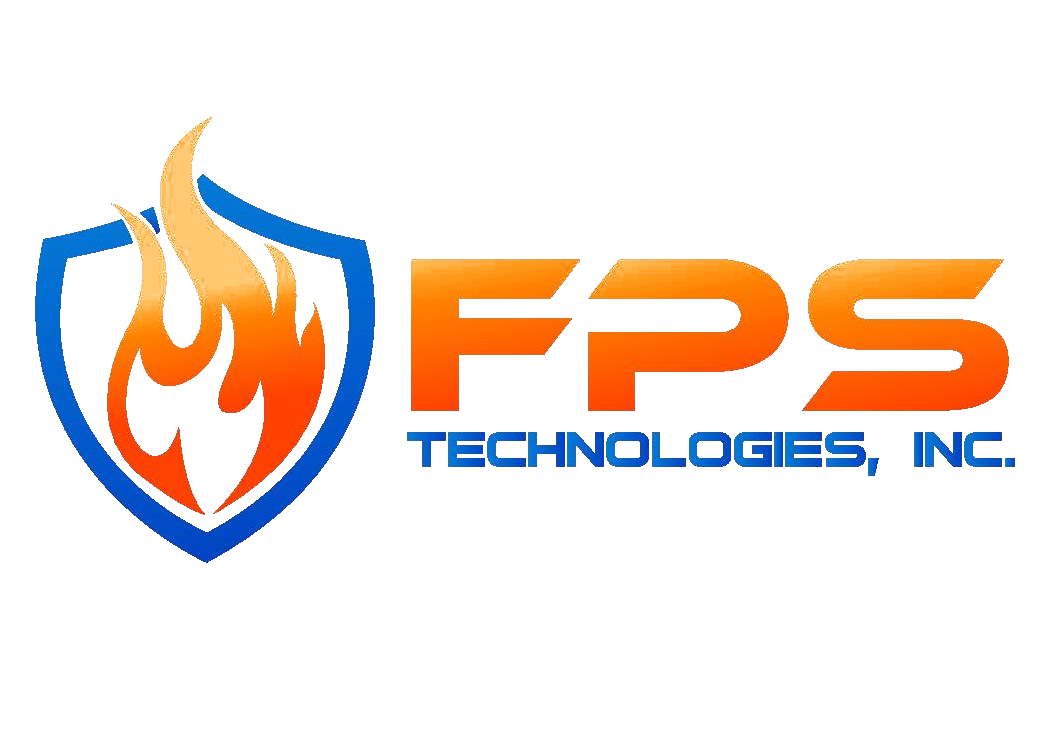Commercial fire alarm systems are critical to the safety of your employees and your business. But how do you choose the right system and ensure it will work perfectly when you need it?
Choosing the Right Commercial Fire Alarm System
Fire alarm systems are more than just smoke detectors scattered throughout your business. Modern fire alarms are high tech notification systems that activate 24-hours a day when smoke, fire, or carbon monoxide are present. There are multiple fire alarm systems available so each facility can find the system that best suits its needs.
Consider the following factors when choosing the right fire alarm system for your building:
1. The type of hazard you are protecting against
Are you storing chemicals or flammable materials in your building? Is it a multiple-story facility? Do you have drop ceilings that can allow fires to grow unseen?
2. The occupant load
Occupant load is the number of occupants allowed in the building at one time. It is based on the ability to get people out in a timely fashion.
3. Alarm points you'll monitor
Alarm panels come with different capacities for how many points, or alarm locations, they can monitor. You should choose a system that can monitor all of your preferred locations now, plus one that can accommodate any plans that you have to expand your facility in the future.
Do You Have Questions About Fire Services?
How Do Alarm Systems Work?
Like all new technologies, fire alarm systems are faster and more reliable than ever. For example, “addressable” fire alarm systems give each fire alarm location a unique "address". In an emergency, the affected device uses its connection to the panel to alert the building owner and firefighters to the exact location of the fire within the building by sharing its address.-3.png?width=700&name=FPS%20Article%20Graphics%20(2)-3.png)
Fire alarm systems are triggered manually at a pull station, from a water flow switch on a sprinkler system, or from a smoke or heat detector. If the fire alarm detects a change in the contacts that are normally opened or closed, it sends a signal to the alarm panel. The alarm panel then activates the emergency response, which sounds alarms in the building and notifies first responders.
Fire alarms are typically installed in conjunction with a complete fire sprinkler system throughout the building. Sometimes called a “riser monitored system,” this means the fire alarm panel has one pull station, one smoke detector, one fire sprinkler water flow monitor, and a supervisory tamper monitor, as well as a horn strobe inside and outside. This connects to the fire department so they can monitor it wirelessly 24-hours a day.
Alarm systems are most often installed in new construction. You can also retrofit or update an existing fire alarm system, or install a new system in an existing building. Usually local or state fire marshals want to see revisions or additions to existing fire alarm systems to ensure that the system can handle the additions. Fire marshals also conduct annual inspections to verify that all devices are still working properly.
Types of Commercial Fire Alarm Systems
1. Conventional Fire Alarm Panels
Conventional panels are suitable for small properties with few alarm locations.
2. Addressable Fire Alarm Panels with Horns and Strobes
Addressable fire alarm panels are suitable for large buildings that have multiple zones and fire alarm locations. Addressable systems alert first responders to the precise location of the alarm. These panels also horns and strobes that you can set to low or high decibels depending upon the typical noise level in the building.
3. Addressable Fire Alarm Panels with Voice Evacuation
Very large locations with occupant loads of 1,000 people or more usually utilize an addressable fire panel with a voice evacuation feature. The voice feature lets business owners record verbal instructions for the occupants to exit the building. Instead of a siren, this type of system plays the evacuation message when it detects a fire.
Maintenance and Training
After a fire alarm installation, FPS offers training for all personnel who will be responsible for operating the fire panel. We also provide 24-hour service for your new fire panel. You can also schedule quarterly and annual inspections with FPS to ensure that your system is operating correctly.
Oklahoma requires a state license and training to install, inspect and sell fire alarm systems. FPS routinely sends our technicians to certification classes and annual seminars to keep up to date with new changes in the fire alarm industry.
24-Hour Protection
According to the National Fire Protection Agency, fewer fires occur in commercial offices over the weekend since they are less likely to be fully populated. The peak times of day for commercial fires are from 12:00 p.m to 2:00 p.m. Although less than one-third of the fires (31%) occur between 7 p.m. and 7 a.m., these fires accounted for 67% of the direct property damage. 
The statistics from the NFPA report demonstrate the importance of a fully functional and monitored fire alarm system on your premises day and night to notify the fire department when a fire happens. An up-front investment can save you thousands of dollars when it comes to property damage.
A small fire can quickly turn into a major disaster. Today’s fire alarm systems can protect your employees, your customers, and your business.
For more information or a free estimate, please call FPS Technologies at (405) 842-8708 or email us at support@fps-technologies.com.




